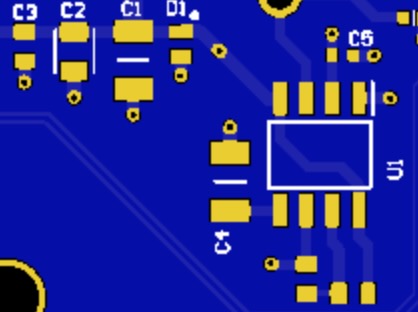Exact Measurement? For Innovation, and Progress
A coherence-based Noise Reduction System, approaches a time-independent reference, or exact standard, for the measurement of time. Download summary of scientific research here.
Could Increasing Coherence In Technological Systems
Liberate Our Human Mindset?

Areas of Application of Coherence Technology Pdf download here: https://www.upgradingtechnology.com/support-files/areasofapplication.pdf
**Analogy 1: The Echo in the Mountain**
Imagine the intellect as a person shouting in a mountainous landscape, the echoes returning are akin to the feedback from our digital devices. If the echoes are unclear or delayed due to irregularities (akin to measurement uncertainties), it can confuse the person, leading to stress and indecision. By improving the clarity of the echoes (through precise time measurements in technology), the person can react more decisively, with less stress.
**Analogy 2: The Foggy Landscape**
Consider the intellect navigating through a foggy landscape (the daily uncertainties we face through imprecise technology). As the fog (uncertainty) lifts with better technological precision, the path (decision-making process) becomes clearer, reducing stress and enhancing cognitive clarity.
### Scientific Research and Insights
Researchers like Daniel Goleman, who popularize the concept of Emotional Intelligence, often discuss how clarity or fog in our cognitive environment can affect executive function in the brain—principally located in the prefrontal cortex. He emphasizes that a calm, clear cognitive environment can significantly boost decision-making and emotional regulation.
### Practical Applications in Technology
The incorporation of more precise time measurement technologies, such as advanced oscillators or atomic clocks in everyday devices, might reduce the real or perceived cognitive load. Theoretically, this enhanced precision leads to fewer errors and less "noise" (uncertainty) in digital communications, which can ease the cognitive burden, leading humanity to make faster, more accurate decisions with less stress.
### Case Studies and Theoretical Support
In workplaces where noise reduction technologies (akin to reducing uncertainty in digital communication) have been implemented, researchers noticed marked improvements in productivity and job satisfaction, which exemplifies the hypothesis in a practical setting. For instance, adding Coherence Technology (CT) to systems could also be thought of as analogous to enhancing signal integrity in digital communication, thereby fostering better organizational outcomes.
### Impact on Society and the Environment
Over the long term, reducing the minute uncertainties in our electronic world could conceptually stabilize societal structures. Fewer errors in data transmission and reception not only improve individual cognitive functions but can scale up to smoother operations in sectors like healthcare, finance, and education, thereby potentially reducing societal stress levels and fostering a healthier environment.
In conclusion, while the technological approach to reducing measurement uncertainty is innovative, its profound impact on human cognitive function remains a rich field for further empirical study. This hypothesis posits that as we edge towards greater precision in technology, we might also be paving the way for a more coherent, less stressed, and creatively liberated human mindset. Consequently, this could lead to unprecedented levels of human achievement and a healthier life on Earth.
